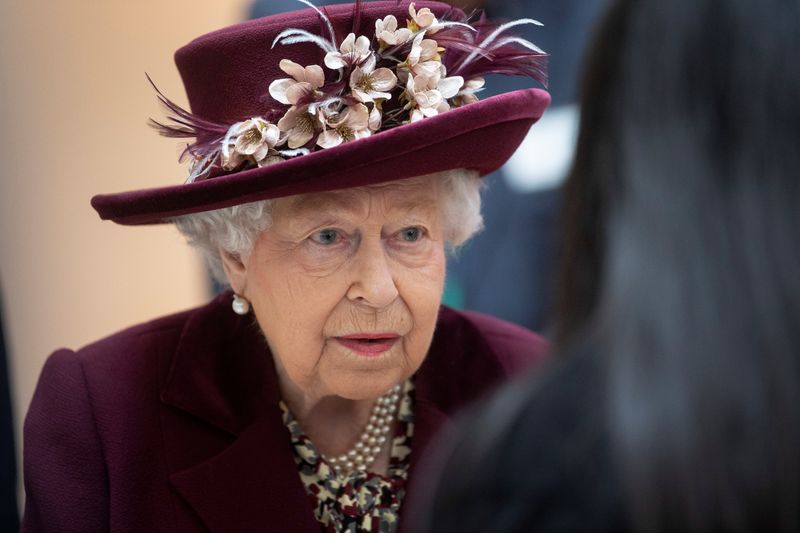By Byron Kaye
SYDNEY (Reuters) - An Australian court ruled on Friday that the country's archives must release letters between Britain's Queen Elizabeth and her local representative during the 1970s, a move which may shed light on the sacking of its then prime minister Gough Whitlam.
The firing of Gough Whitlam by Governor-General John Kerr in 1975 remains one of Australia's most polarising political events because it represented an unprecedented level of intervention by the Commonwealth.
Historians say the country still has not been told the full story behind Whitlam's removal during a political deadlock over the Budget, and in 2016 a historian sued the National Archives of Australia for access to letters between Kerr and the queen at the time. The lawsuit failed on grounds that the letters were private.
On Friday the High Court overturned the Federal Court ruling and said the historian, Jenny Hocking, should get access to the so-called "palace letters" since they were the property of the governor-general's office, which was a Commonwealth institution.
"It's a wonderful decision for transparency, for accountability of government," Hocking told reporters in Melbourne.
"It's a story that has been absolutely clouded in secrecy, in distortion and in so much unknown. With this decision one of those last remaining areas of secrecy and great unknown will be released to the Australian public."
Kerr died in 1991 without disclosing the extent of his coordination with the queen. Australia federated in 1901 but the British monarch remains the country's official head of state, although the relationship is usually ceremonial.
Many government documents from the Whitlam era have been made public in recent years because of a rule which requires commonwealth documents to be released after 31 years. The "palace letters" were kept secret since they were deemed private.
Whitlam died in 2014 but his sacking prompted one of the country's most often quoted political barbs.
"Well may we say 'God save the Queen' because nothing will save the Governor-General," he said on the day of his removal, walking out of Parliament House.
